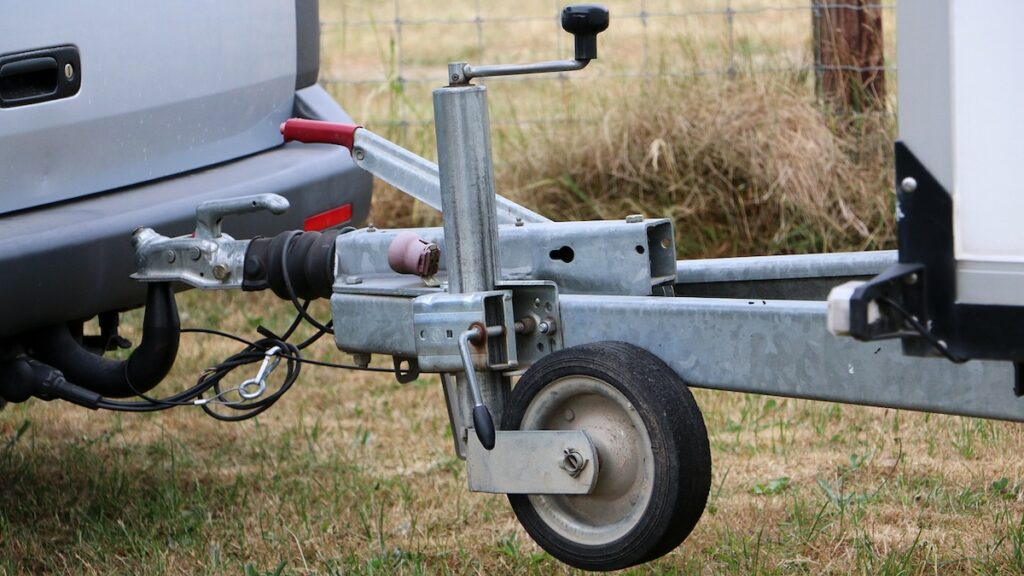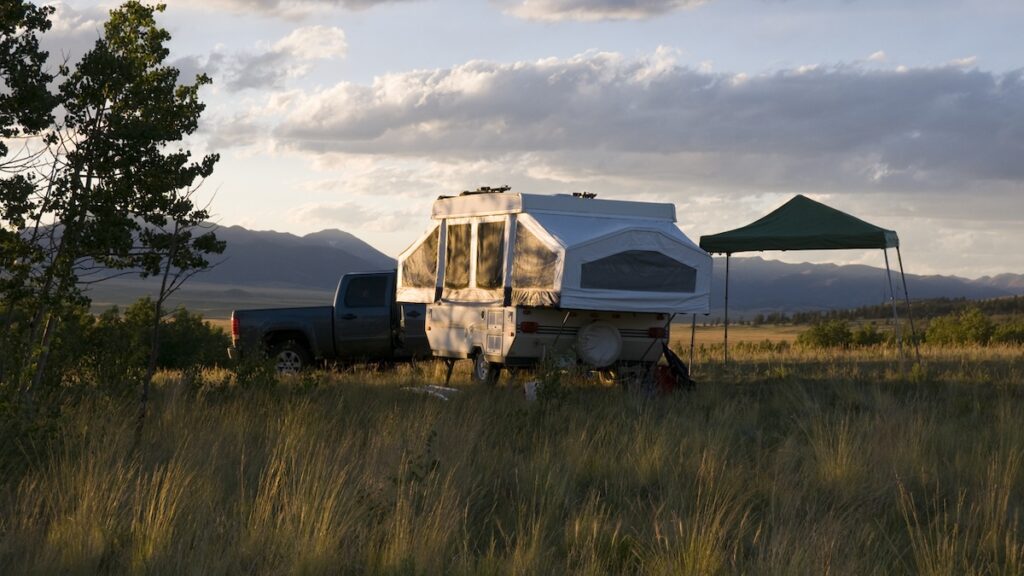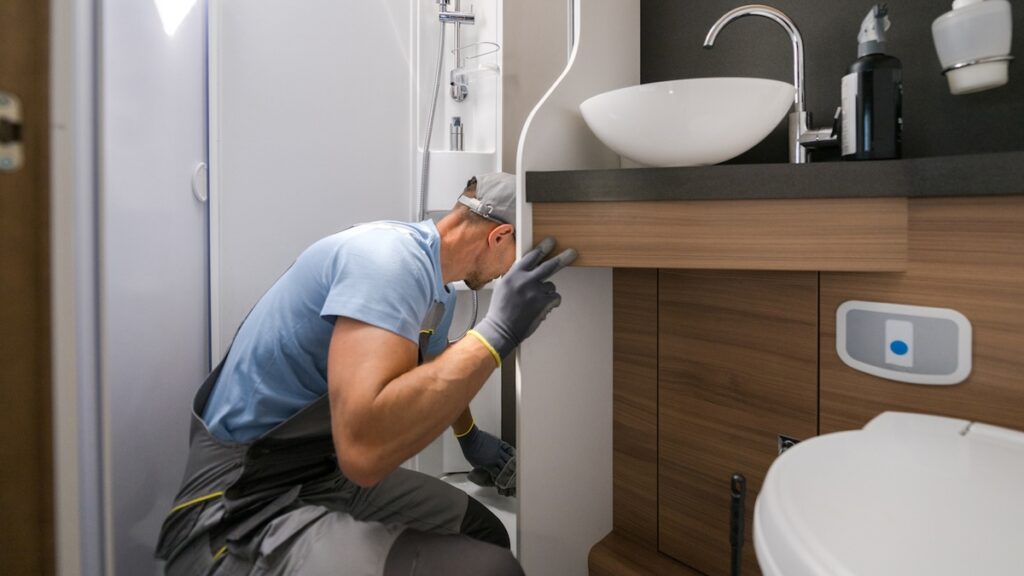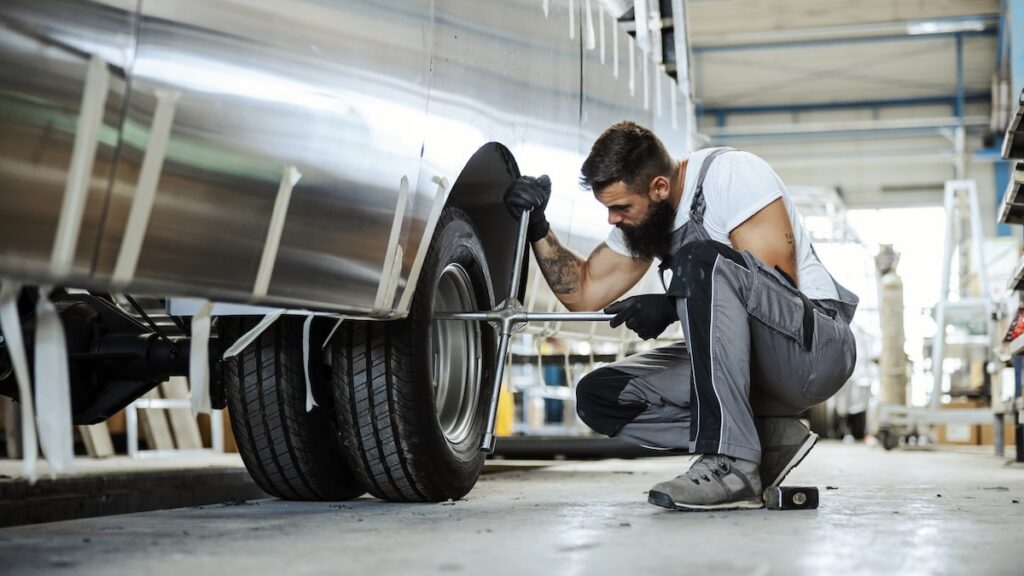Maintaining and repairing RV and trailer jacks is crucial for ensuring safe and hassle-free travel experiences. These essential components often face challenges such as rust, worn gears, hydraulic leaks, and difficulty in extending or retracting due to regular use or exposure to harsh weather conditions. Ignoring these issues can result in unstable parking, difficulty leveling your RV or trailer, and even structural damage over time. This guide will address the most common problems associated with RV and trailer jacks, providing practical tips for maintenance and repair to help you keep your equipment functioning smoothly.
1. Jacks Won’t Extend or Retract
Potential Causes:
• Blown fuse or tripped circuit breaker.
• Low hydraulic fluid levels.
• Faulty wiring or poor electrical connections.
Troubleshooting Steps:
1. Check Power Source: Ensure your RV is properly connected to a power source, and the battery is fully charged.
2. Inspect Fuses and Breakers: Look for blown fuses or tripped breakers in the leveling system’s circuit and replace or reset them as needed.
3. Examine Hydraulic Fluid Levels: If applicable, check the hydraulic reservoir and refill it to the recommended level.
4. Inspect Wiring: Examine the wiring for any signs of damage, corrosion, or loose connections, and repair or replace as necessary.
Instructional Video: RV Slide Out and Jack Failure – Troubleshooting and Repair
2. Jacks Extend but Won’t Retract
Potential Causes:
• Weak or broken return springs.
• Hydraulic fluid contamination or air in the system.
Troubleshooting Steps:
1. Inspect Return Springs: Check for signs of wear or damage and replace if necessary.
2. Bleed the Hydraulic System: Remove any air trapped in the hydraulic lines by following the manufacturer’s bleeding procedure.
3. Replace Hydraulic Fluid: Drain and refill the system with clean, manufacturer-recommended hydraulic fluid to ensure proper operation.
Instructional Video: RV Leveling Jacks Not Working: Troubleshooting Tips
3. Jacks Slowly Retract or Drift Down
Potential Causes:
• Internal hydraulic leaks.
• Faulty check valves or seals.
Troubleshooting Steps:
1. Inspect for Hydraulic Leaks: Look for fluid leaks around the jacks and hydraulic lines; repair any leaks found.
2. Test Check Valves: Consult a professional to test and replace faulty check valves or seals within the hydraulic system.
Instructional Video: How to Fix a Leaking Hydraulic RV Jack
4. Jacks Make Excessive Noise During Operation
Potential Causes:
• Lack of lubrication.
• Worn or damaged mechanical components.
Troubleshooting Steps:
1. Lubricate Moving Parts: Apply appropriate lubricant to the jack’s moving components as per the manufacturer’s recommendations.
2. Inspect for Wear and Damage: Examine the jacks for worn or damaged parts and replace them as necessary.
Instructional Video: Reducing Noise in RV Leveling Jacks
5. Manual Jacks Are Hard to Crank
Potential Causes:
• Rust or debris in the jack mechanism.
• Bent inner extension tube.
Troubleshooting Steps:
1. Clean the Jack Mechanism: Disassemble the jack and clean internal components to remove rust and debris.
2. Lubricate After Cleaning: Apply grease to the bearings and other moving parts before reassembly.
3. Check for Bent Components: Inspect the inner extension tube for bends and replace if necessary.
Instructional Video: Manual Trailer Jack Won’t Go Up or Down
Pro Tip: Regular maintenance, including cleaning, lubricating, and inspecting your RV’s leveling jacks, can prevent many common issues and extend the lifespan of the system. Always refer to your RV’s owner manual for specific maintenance guidelines and safety precautions.
For more resources, check out: RV Leveling Jacks Problems & Troubleshooting





